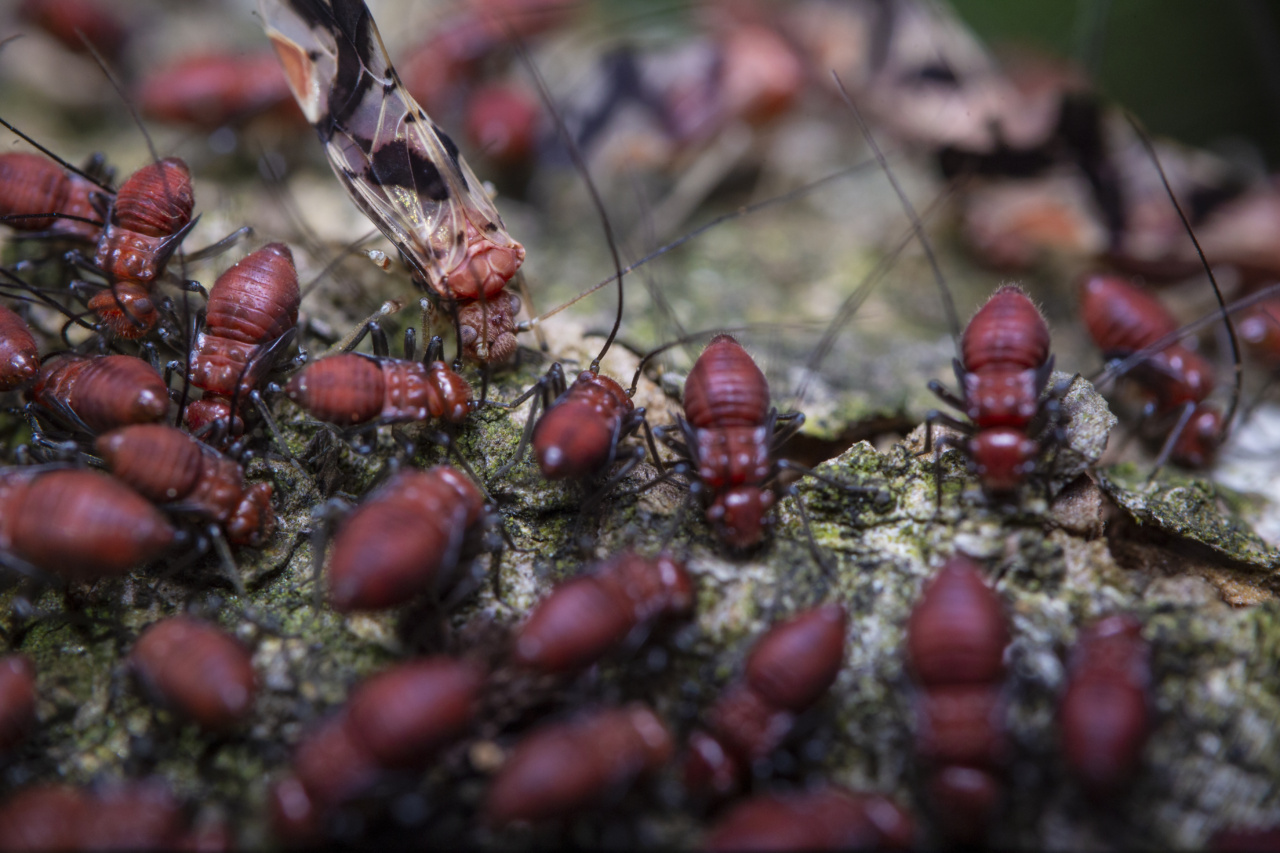Food contamination is a serious concern that many people do not consider. Moldy food is one type of contamination that people often encounter, and it can be potentially hazardous to consume.
There are significant health risks associated with eating moldy food, and it is recommended that individuals avoid it whenever possible.
What is mold?
Mold is a type of fungus that grows in wet or damp environments. It spreads by releasing spores into the air, and these can land on food items and create colonies. Mold can grow on a wide range of foods, including bread, cheese, fruits, and vegetables.
While some types of mold are harmless, others can produce dangerous toxins that can be harmful to human health.
What are the dangers of eating moldy food?
Eating moldy food can lead to a variety of health problems, ranging from mild to severe. Some of the most common dangers of eating moldy food include:.
Food Poisoning:
Moldy food can be contaminated with harmful bacteria that can cause food poisoning. Symptoms of food poisoning include nausea, vomiting, diarrhea, and stomach cramps.
Depending on the severity of the infection, food poisoning can lead to dehydration, kidney failure, and even death.
Allergic reactions:
Some people may be allergic to the spores produced by mold. Symptoms of an allergic reaction to moldy food may include hives, itching, and swelling of the face and throat.
In severe cases, an allergic reaction to mold can lead to anaphylaxis, which is a life-threatening condition that requires immediate medical attention.
Mycotoxicosis:
Mycotoxicosis is a condition caused by consuming foods contaminated with mold that produces mycotoxins. Mycotoxins can cause a range of health problems, including liver damage, kidney damage, and cancer.
Some mycotoxins are also neurotoxic and can lead to cognitive impairment, memory loss, and other neurological symptoms.
Not all moldy food is dangerous, but it can be hard to tell.
It can be difficult to determine whether moldy food is safe to eat or not. While some types of mold are harmless, others can be dangerous.
Additionally, the presence of mold may indicate that the food has been contaminated by harmful bacteria or other pathogens.
What should you do if you find moldy food in your kitchen?
In general, it is best to err on the side of caution and throw away any food that is moldy. If the food is stored in an airtight container, it may be possible to cut off the moldy part of the food and consume the rest.
However, this is not recommended, as some molds can penetrate deeper into the food than is visible to the naked eye.
If you are unsure whether a food is safe to eat, it is best to consult with a food safety expert or a healthcare provider. They can advise you on what steps to take to ensure your safety and properly handle any contaminated food.
How can you prevent mold growth in your food?
One of the best ways to prevent mold growth in your food is to store it properly. Here are some tips to help prevent mold growth:.
- Keep your refrigerator clean and at the proper temperature.
- Store food in airtight containers.
- Avoid storing fruit in the same container as other foods.
- Do not keep food in the fridge for too long.
- Wash fruits and vegetables before storing them in the fridge.
- Do not leave bread out on the counter for too long.
Conclusion:
Overall, eating moldy food is a dangerous and potentially life-threatening activity that should be avoided whenever possible. Mold growth can lead to a range of health problems, including food poisoning, allergic reactions, and mycotoxicosis.
It is important to take steps to prevent mold growth in your food, such as storing it properly, and to seek medical attention if you suspect that you have consumed contaminated food. By taking these precautions, you can help protect your health and ensure that your food is safe to eat.





























